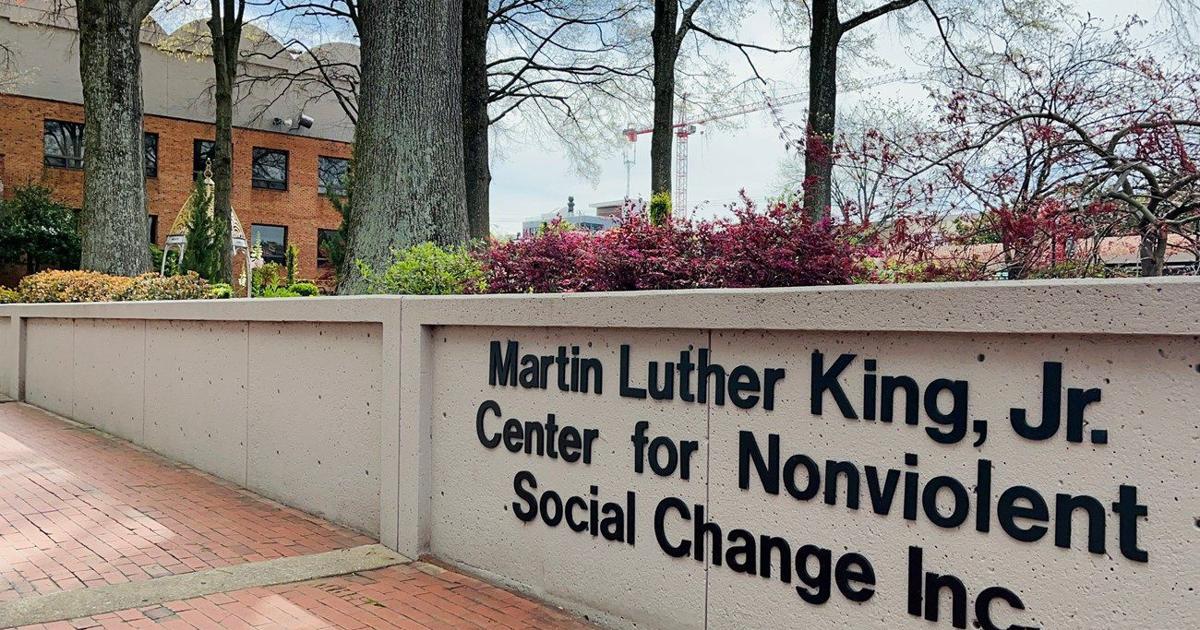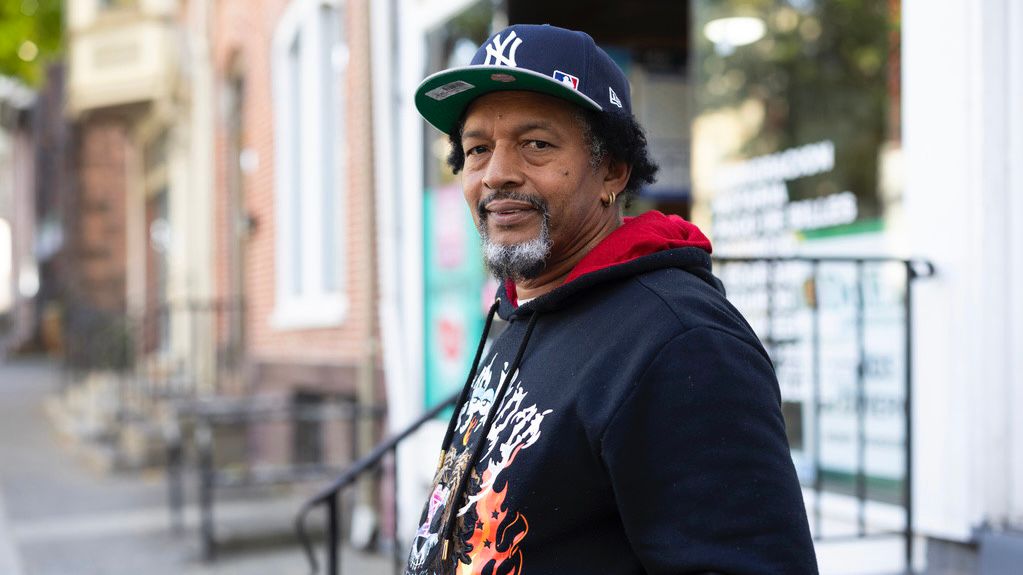- BlackVoter.Org
- Posts
- BlackVoter.Org
BlackVoter.Org


In a powerful alliance, Black Voters Matter and the Martin Luther King, Jr. Center are gearing up to inspire a new wave of activists committed to social justice.
As the nation faces mounting challenges to civil rights, including policies from the Trump administration threatening hard-fought gains, both organizations aim to empower the voice of Black Americans. The initiative, launching with a series of workshops in May 2025, centers around Dr.
King’s influential "Letter from Birmingham Jail," providing vital lessons in civil disobedience and justice relevant to today’s struggles. Leaders like Dr.
Bernice King and co-founders of Black Voters Matter, Cliff Albright and LaTosha Brown, emphasize that this is more than revisiting history; it’s about equipping today’s activists with practical tools to shape a more equitable future. By igniting action grounded in King’s nonviolent philosophy, they hope to rally communities in the ongoing fight against systemic oppression.


The remarkable story of the 6888th Central Postal Directory Battalion, affectionately known as the Six Triple Eight, is finally receiving the recognition it deserves! This all-female, all-Black unit, which served during World War II, is set to receive the Congressional Gold Medal. Their extraordinary efforts helped alleviate a significant mail crisis in Europe, sorting 17 million pieces of mail in just three months—twice as fast as expected.
Led by Lieutenant Colonel Charity Adams Earley, these trailblazers not only served their nation but also paved the way for future generations of Black women in the military. As the ceremony approaches, supporters like Rep.
Gwen Moore celebrate this long-overdue honor. With a documentary and even a Netflix film in the works, the legacy of the Six Triple Eight is being immortalized, shining a light on their vital contributions and inspiring stories that had long been overlooked.

In "The Strategic Resistance: Why Black America Is Playing the Long Game," LaTosha Brown dives into the sophisticated approaches that Black communities are employing to confront social and political injustices. She draws parallels between the strategic patience of Muhammad Ali’s “rope-a-dope” and the current tactics of Black America, highlighting that protest is just one tool in a multifaceted resistance.
Amid ongoing challenges to democracy and civil rights, Black people are organizing quietly yet purposefully, leveraging their $1.4 trillion spending power and collective strength.
From boycotts to strategic lawsuits, the emphasis is on long-term impact and community resilience. Brown asserts that the absence of immediate visible protest does not signify weakness but rather a calculated preparation for decisive action when the time is right.
As Black Americans continue to navigate adversity, they affirm that their survival is rooted in strategic organizing and an unwavering commitment to self-determination.

A recent bipartisan poll from UnidosUS reveals a significant shift in Latino voters' sentiments towards President Donald Trump, particularly regarding the economy and immigration. Nearly 60% disapprove of his leadership and express concern about the current direction of the country, with inflation, jobs, and affordable housing topping their priority list.
Many Latinos feel the economy has worsened over the past year and worry that Trump's tariffs could further diminish their financial security. While there was notable support for Trump among younger Latino voters in 2020, this new data signals a growing frustration and disillusionment with both major parties.
The poll indicates that immigration policies are a critical issue, with a majority favoring a more compassionate approach, including a path to citizenship for undocumented immigrants. As Latino voters reassess their political allegiances, the upcoming elections could see significant shifts in their traditional voting patterns.

April Ryan has been appointed as the Washington Bureau Chief and White House Correspondent for Black Press USA, marking a significant milestone in her esteemed career. Known for her incisive reporting and unwavering commitment to covering vital issues affecting African Americans, Ryan’s new role solidifies her status as a trusted voice in political journalism.
With her decade-long history of asking tough questions at White House press briefings, she continues to break barriers and elevate the narrative around Black press. As the media landscape evolves, Ryan's appointment is a reminder of the importance of diverse perspectives in journalism.
Her expertise promises to enhance reporting from the nation’s capital, ensuring that the voices and concerns of Black communities are heard and addressed in the corridors of power. This exciting news not only celebrates Ryan's achievements but also highlights the enduring relevance of the Black press in today's society.

A new report reveals that Pennsylvania's Democrats face significant challenges as Black, Hispanic, and Jewish voters trend more toward the Republican Party. GOP consultant Albert Eisenberg warns that the Democrats’ focus on elite issues has alienated working-class voters, particularly in urban areas.
Voter turnout among Black communities in places like Harrisburg has decreased over the last decade, with a notable shift toward GOP alignment. Eisenberg emphasizes the urgent need for Republicans to engage these communities with tailored outreach and messaging, highlighting that many potential voters could be swayed if approached correctly.
Meanwhile, Pennsylvania Democratic officials argue that recent election dynamics are atypical and stress their commitment to earning voter trust. As the political landscape shifts, both parties are scrambling to adapt, making Pennsylvania a focal point for potential electoral transformation.

In the urgent discussion surrounding America’s economic recovery, Black leaders appear to be missing in action. While critical workforce initiatives are being launched—such as vocational training and AI education—Black America risks being sidelined due to a lack of proactive leadership.
Over 500,000 skilled trade jobs await candidates who could gain stable, prosperous careers without the burden of student debt. Yet, current Black leadership seems fixated on symbolic victories within Diversity, Equity, and Inclusion (DEI) that fail to translate into tangible opportunities for economic empowerment.
With a shifting landscape that prizes skills over college degrees, the time is ripe for strategic action—especially targeting apprenticeships and tech education in Black communities. As the economy transforms, effective leadership must prioritize outcomes and prepare Black youth to seize available opportunities now, before the moment passes.
If action isn’t taken soon, future generations may find themselves locked out of critical pathways to prosperity.